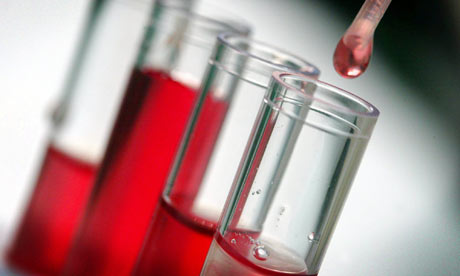Scientists have designed a “catch and kill” air filter which they say can trap the novel coronavirus and neutralise it instantly, an invention that may reduce the spread of COVID-19 in closed spaces such as schools, hospitals and health care facilities, as well as public transit environments like airplanes.
According to the study, published in the journal Materials Today Physics, the device killed 99.8 per cent of the novel coronavirus, SARS-CoV-2, in a single pass through its filter. It said the device, made from commercially available nickel foam heated to 200 degrees Celsius, also killed 99.9 per cent of the spores of the deadly bacterium Bacillus anthracis which causes the anthrax disease.
“This filter could be useful in airports and in airplanes, in office buildings, schools, and cruise ships to stop the spread of COVID-19,” said Zhifeng Ren, a co-author of the study from the University of Houston (UH) in the US.
“Its ability to help control the spread of the virus could be very useful for society,” Ren added.
The researchers said they are also developing a desk-top model for the device which is capable of purifying the air in an office worker’s immediate surroundings. According to the scientists, since the virus can remain in the air for about three hours, a filter that could remove it quickly was a viable plan, and with businesses reopening across the world, they believe controlling the spread in air conditioned spaces was urgent.
The study noted that the novel coronavirus cannot survive temperatures above 70 degrees Celsius, so by making the filter temperature far hotter — about 200 degree Celsius, the researchers said they were able to kill the virus almost instantly.
Ren said the nickel foam met several key requirements. “It is porous, allowing the flow of air, and electrically conductive, which allowed it to be heated. It is also flexible,” the researchers noted in a statement.But they added that nickel foam also had low resistivity, making it difficult to raise the temperature high enough to quickly kill the virus.
The researchers said they solved this problem by folding the foam, connecting multiple compartments with electrical wires to increase the resistance high enough to raise the temperature as high as 250 degrees Celsius. By making the filter electrically heated, rather than heating it from an external source, they said the the amount of heat that escaped from the filter is minimised, allowing air conditioning to function with very low strain.
When the scientists built and tested a prototype for the relationship between voltage/current and temperature, they said it satisfies the requirements for conventional heating, ventilation, and air conditioning (HVAC) systems, and could kill the coronavirus.
“This novel biodefense indoor air protection technology offers the first-in-line prevention against environmentally mediated transmission of airborne SARS-CoV-2, and will be on the forefront of technologies available to combat the current pandemic and any future airborne biothreats in indoor environments,” said Faisal Cheema, another co-author of the study from UH.
The researchers have called for a phased roll-out of the device, “beginning with high-priority venues, where essential workers are at elevated risk of exposure.” They believe the novel device will both improve safety for frontline workers in essential industries and allow nonessential workers to return to public work spaces.
 What if doctors could tell exactly what you're eating just by checking your blood sample?
What if doctors could tell exactly what you're eating just by checking your blood sample?



Comments
Add new comment